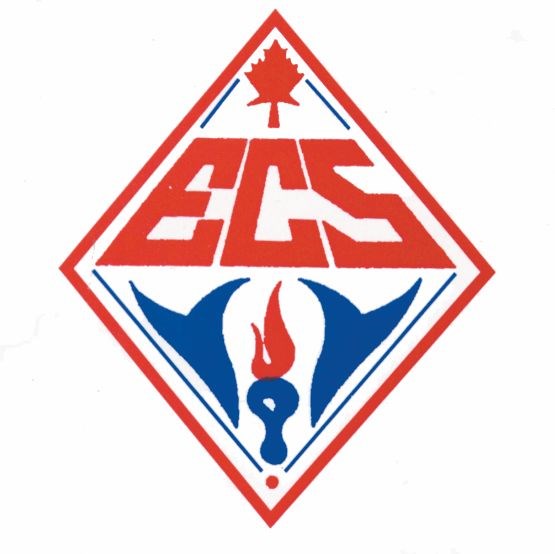There are at least six Estevan students who shouldn't have debt problems as they exit their secondary education and move on to the next stage of their lives.
The Saskatchewan Business Teachers Association sponsor a high school business contest, held this year at Campbell Collegiate in Regina on April 11 and 12.
The local cohort of six students from the Estevan Comprehensive School's entrepreneurship class, dubbed Bestevan, were given case studies demonstrating a particular issue. They were allowed between four and five hours to break the study down and come up with a plan that would turn the situation around.
There were two teams from each school, with a team of three working on an entrepreneurship study, and the other working on a study regarding personal finance. From the Estevan Comprehensive School, business education teacher Josh LeBlanc took Emily Schroeder, Evan Tarnes and Shelley Frehlick to handle the personal finance study, while Shaylee Foord, Karissa Gustafson and Alex Neuman took on the entrepreneurship one.
The latter involved a man who was looking to start a car wash in London, Ont., with one of the primary issues being the marketing plan. The second big question was whether or not the business should be completely automated or should be a detailing business where he does all the work.
"They had to do everything specific to that market. They had to do all the research on London, going through the statistics and demographics as well," noted LeBlanc, who added they looked at the detailing market throughout the entire province to canvass any potential growth.
The personal finance team's study involved a woman spending $1,000 per year more than she could afford on her credit card, but still had goals she wanted to reach concerning travelling and university in the next two years.
"The kids had to look at ways to get her out of debt. For them not having any personal finance classes and just taking a general knowledge of business, I was very impressed with how they did," added LeBlanc. "Their job was to somehow make these entrepreneurs, or these people, flourish."
The students had to come up with a problem statement, provide alternatives, analyzing the alternatives and picking one, while providing an implementation plan on how they could do it.
After turning their work into a presentation, they were grilled by university professors and members of the business community.
There were 17 teams, with the top two advancing. The ECS personal finance team advanced into the top-two spot, and finished second after presenting their work before the judging panel.
The students received a couple of practice cases about a week before the competition, so the two teams were able to get an idea of what they would be doing. The students practised for about three to four hours each night after school, leading up to the competition.
"The whole idea of getting them to learn how to analyze a case, and breaking down alternatives, is that it has to be a realistic alternative," said LeBlanc. "It can't be something that's whimsical, and out there, and life would be good. It has to be something that actually works and something that the person can actually apply to that case study to make that person flourish."
LeBlanc said his students were particularly nervous when they moved to the presentation stage. Not only were they presenting in front of judges but also the Business Teachers of Saskatchewan, so there were more than 100 people in the room with eyes and ears paying close attention to their every move.
LeBlanc added that the business education program at ECS will be growing in the coming years.
"The more purpose we can show, the more activities, the more opportunities for awards or recognition or personal growth the better," said LeBlanc. "A lot of people don't know about business education in Saskatchewan. We're starting to see larger enrolments and go through programs in entrepreneurship."
Next year, ECS will be offering a course in personal finance, and LeBlanc noted there are 30 to 35 students enrolled at this time.
He added that looking at the business climate in Estevan, it's important for local students to have a sense of what it takes to create a start-up.
"You look at the area we live in, this is probably the only place where someone can start anything and it would survive."
LeBlanc was also recognized with the Saskatchewan Business Teachers Association Award of Merit, which he received in large part because of his work on the personal finance curriculum. He noted the curriculum was written in 2008 and he piloted the program when he was teaching in Midale.




